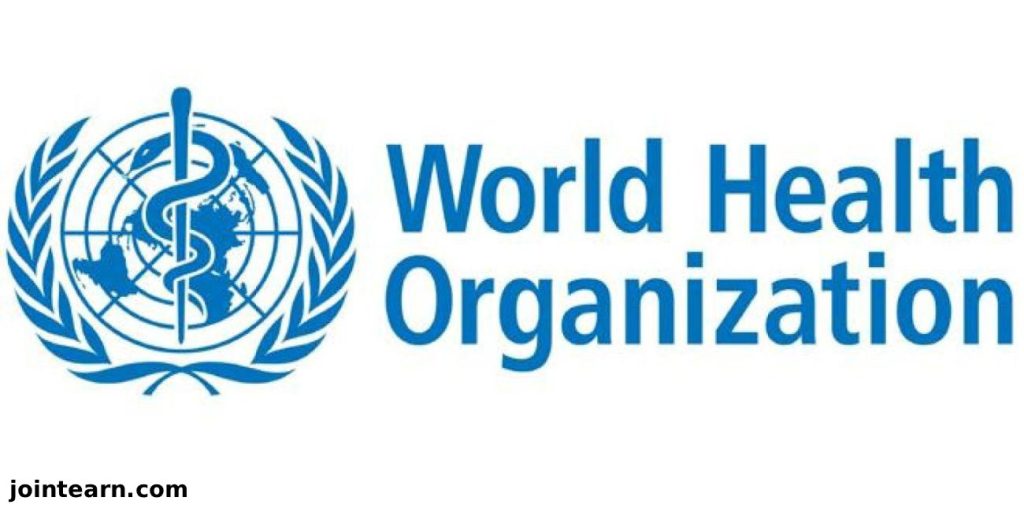
Nigeria and India are among the eight countries that accounted for 67% of the global tuberculosis (TB) burden in 2024, according to the WHO Global Tuberculosis Report 2025 released on Wednesday. The other high-burden nations include Indonesia, the Philippines, China, Pakistan, the Democratic Republic of the Congo, and Bangladesh.
TB remains one of the world’s deadliest infectious diseases, claiming over 1.2 million lives and affecting an estimated 10.7 million people last year. India carried the highest burden, accounting for 25% of global cases, while Nigeria contributed 4.8%.
WHO warned that stagnating funding and inequitable access to care threaten to reverse progress despite improvements in diagnosis, treatment, and research. Between 2023 and 2024, new TB cases fell by 2%, and deaths dropped by 3%, signaling a recovery of essential health services post-COVID-19.
Regions like Africa and Europe have recorded significant declines in TB incidence and deaths between 2015 and 2024, with the African Region seeing a 28% reduction in incidence and a 46% decline in deaths, while Europe achieved 39% and 49% reductions, respectively.
Globally, 8.3 million people were newly diagnosed and treated in 2024, covering 78% of those who developed TB, while rapid testing coverage rose from 48% to 54%. Treatment success for drug-susceptible TB remained at 88%, and drug-resistant TB treatment success increased from 68% to 71%. Preventive treatment also expanded to 5.3 million high-risk individuals.
Since 2000, timely TB treatment has saved an estimated 83 million lives worldwide. However, social and economic factors such as poverty, undernutrition, HIV, diabetes, smoking, and alcohol use continue to drive the epidemic.
WHO cautioned that global TB funding is insufficient, reaching only US$5.9 billion in 2024, far below the US$22 billion needed annually by 2027. Cuts in international donor funding could result in up to 2 million additional deaths and 10 million new cases by 2035. Research funding remains low, at US$1.2 billion in 2023, although innovation is progressing with 63 diagnostic tests, 29 drugs, and 18 vaccine candidates, including six in Phase 3 trials.
Dr. Tereza Kasaeva, WHO Director of HIV, TB, Hepatitis, and STIs, stressed: “Funding cuts and persistent drivers of the epidemic threaten to undo hard-won gains, but with political commitment, sustained investment, and global solidarity, we can turn the tide and end this ancient killer once and for all.”
WHO urged governments to strengthen political will, increase domestic funding, and accelerate research to achieve the End TB Strategy targets by 2030.


Leave a Reply